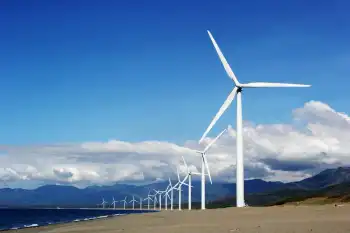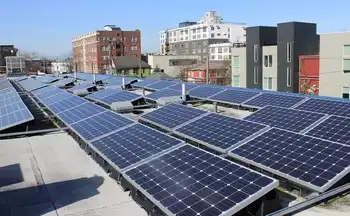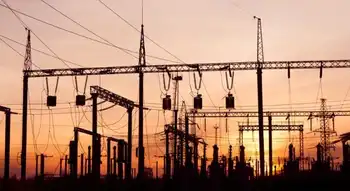YukonÂ’s energy plan gets mixed reviews
WHITEHORSE, YUKON - The Yukon government's proposal to let people contribute their excess solar or wind energy to the territory's power grid is a good idea, but it does not go far enough, according to some energy experts.
The mixed reviews come from several Yukon energy consultants who gave detailed feedback on the government's draft "net metering" policy. The deadline for public feedback has already passed.
Under the draft policy, Yukoners who generate their own electricity through "renewable technologies" — namely, solar, wind, biomass or micro-hydroelectric generation systems — could feed their extra energy into Yukon's power grid for other consumers to use.
But those who do that, in an effort to reduce Yukoners' reliance on diesel-generated energy, should be rewarded more than they would be under the proposed policy, said Whitehorse alternative energy consultant J.P. Pinard.
"If the solar [energy] system is actually contributing and helping to reduce diesel during the time when it's being produced, then it has a much larger value," Pinard told CBC News.
Under the current proposal, Pinard said, the financial benefit would be so small that it would probably take at least 50 years for people's solar power systems to pay for themselves.
"When we're talking of a payback of around 50 years on a solar system, nobody wants to do that," Pinard said.
"I'm not sure I'm even going to be alive, [let alone] staying in this house in 50 years. Why should I spend all that money for something that really has no return for me?"
In his submission on the net metering proposal, John Maissan of Leading Edge Projects Inc. said there is little incentive being offered to people who generate more renewable power than they would be using for their own personal use.
"Over the course of a year, the best you can do is offset all your generation, and if you produce more, then there is no payment for it. I really think that could be a bit stronger," Maissan said.
The Yukon government will look at all the public feedback it received before drafting its final net metering policy.
Related News

Europeans push back from Russian oil and gas
BERLIN - Europe is producing all-time highs of wind and solar energy as the 27-country group works to reduce its reliance on fossil fuels from Russia.
Four months after Vladimir Putin’s full-scale invasion of Ukraine in February 2022, the European Commission launched REPowerEU. This campaign aims to:
- Boost the use of renewable energy.
- Reduce overall energy consumption.
- Diversify energy sources.
EU countries were already moving toward renewable energy, but Russia’s war against Ukraine accelerated that trend. In 2022, for the first time, wind and solar power surpassed gas as a source of electricity. Wind and solar provided a record-breaking 22% of EU countries’ electrical supply,…




